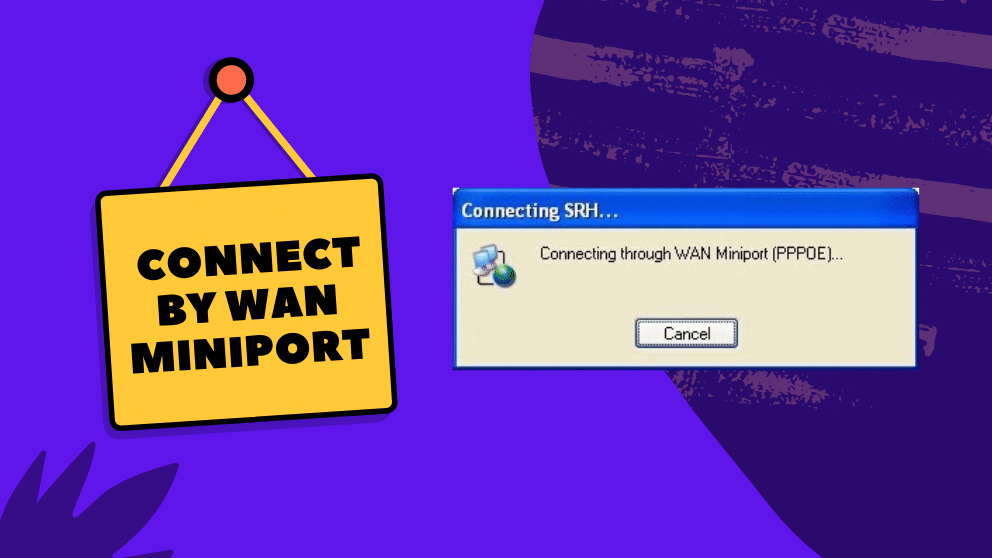Online merchants all around the world have been using Magento as an open-source solution to build their online stores. Even though it was built for B2C vendors, some B2B vendors make use of it. Due to Magento Alternatives’ announcement that they would no longer support Magento 1 as of June 2020, their users must now decide whether to re-platform to the next version or begin exploring Magento alternatives. If you use Magento or are looking at Magento alternatives, these are the top candidates to consider in 2022.
Most medium-to-large businesses like it because of its adaptability, scalability, and accessibility at the code level. However, it is not always the right decision for every organization.
Top Best Magento Alternatives & Competitors For 2022
When you’re just getting started in e-commerce, it might be difficult to find a B2C or B2B platform that has the infrastructure and features you need at a price you can afford. It’s crucial to understand your Magento Alternatives beyond the more obvious ones, so you can deliver the service that is suited for your business and your budget. because of its well-deserved reputation as a leading service provider.
This year’s top best Magento Alternatives are discussed in detail in the following article.
Why Would You Want to Stop Using Magento?
Magento 1 was an excellent open-source system with a broad number of modifications available. A great deal of effort goes into each Magento installation. Magento 2 will not accept these modifications in their current form. In truth, Magento 1 doesn’t smoothly interact with Magento 2 at all. So, upgrading to Magento 2 is more like re-platforming.
In particular, if your instance is modified or makes use of community-developed themes, plugins, and APIs, Therefore, since upgrading is like re-platforming, it only makes sense to survey the eCommerce environment and look at Magento alternatives and other b2b eCommerce software. Then you’ll be able to weigh the benefits and drawbacks of sticking with Magento Alternatives. Who knows, you may find there is an option for Magento Alternatives that makes more financial sense.
Why Did You Enjoy Magento?
You choose Magento as the open-source software for your eCommerce platform for a variety of reasons. It’s possible that specific characteristics or the supportive community served as a comforting safety net at the time. Whatever it was you appreciated about Magento, keep this in mind while analyzing Magento’s rivals.
A Comprehensive Magento Alternatives Main Rivals
Here are a few of the most popular Magento alternatives to get you started. They are all Magento Alternatives as eCommerce platforms, although some are more suited to B2C and others to B2B.
1. Shopify

Shopify is popular with retailers just starting in eCommerce. It is a SaaS system that allows multi-channel retailing and, in many situations, can be set up without the services of a developer.
Shopify’s best features include
its simplicity and speed of implementation. It features a customizable website builder and a smart shopping cart that interfaces with over 70 payment methods.
2. BigCommerce

Like Shopify, BigCommerce is a SaaS solution that can bring you to market rapidly. Just choose a template, make a few tweaks, load your items, and you’re off to the races. Like Shopify, BigCommerce comes replete with monthly fees.
Important characteristics include
BigCommerce allows you to quickly sell physical and digital items. Its internal analytics give significant assistance for marketing, and you can even sell in several currencies. It is oriented towards B2C retail sales and not B2B e-commerce.
3. Prestashop

PrestaShop is an open-source eCommerce system. It provides a cloud-based or on-premise solution. Prestashop allows you to build your website from the ground up.
Important characteristics include
Indeed, PrestaShop is a world-class service. It is available in 65 languages and has a vast, multinational community of developers, bloggers, and social media users for assistance.
4. WooCommerce

If you utilize WordPress for CMS, then WooCommerce is the logical choice. It is a lightweight plug-in designed to introduce eCommerce to WordPress blogs and websites.
Important characteristics include
WooCommerce is the most downloaded eCommerce plugin for WordPress.
1. Multiple online stores from one instance
Is there more than one internet store for your company? Perhaps you have one domain for B2C and another for B2B. Many medium- and enterprise-sized businesses are drawn to Magento because of its ability to manage multiple shops with a single installation. That’s not the case with most B2C eCommerce platforms, and not all B2B eCommerce systems give this option either.
So, unless you are intending to replace one instance of Magento Alternatives with several instances of another eCommerce system, this will be a crucial aspect.
2. Extensive support
If you are using the Enterprise Edition of Magento, those substantial monthly costs you pay to fund the expense of support. Even if you utilize the Community Edition, because Magento code is open source, it has quite an active community. For development requirements, it’s typically quite straightforward to locate a partner, and there are literally hundreds of extensions available in the marketplace.
3. Flexible and customizable
Magento may be customized to meet your specific requirements if you know how to write PHP code or hire someone who does. Magento offers several templates and themes from which you may choose to construct an online store. You may modify how your items are presented and how your customers browse around the store. If flexibility is crucial, you’ll only want to examine options that are easily adjustable.
4. Mobile Experience
As an online vendor, you understand the importance of exposing your products to your customers 24 hours a day, seven days a week, regardless of where they are or how they are purchasing. Magento’s ability to render your content on any device may have piqued your interest as an early user of eCommerce, or it may have dawned on you much later in the game that your content needed to be mobile-ready.
Either way, Magento has always been recognized for its ability to deliver users a mobile-ready experience. If you’re going to be selling online, you’ve got to give users the same experience whether they are on a smartphone, desktop, or tablet.
Magento 2 drawbacks
If you’ve read nearly anything about Magento 2, it’s led you to start investigating alternatives to Magento Enterprise or Magento Community. That’s because the internet is packed with Magento horror stories, like the one module that ruined a complete Magento website and left the backend unreachable for 24 hours. Total website destruction aside, here are a couple of the drawbacks of migrating to Magento 2.
1. Higher Costs
If you utilize the Community Edition of Magento, your monthly payments will stay the same: free. However, if you are using the Enterprise Edition of Magento, be prepared for some price shock. The license is going up from $18,000 to $22,000 each year. That’s an 18 percent gain, and Magento 2 isn’t truly 18 percent better.
2. Difficult Data Migration
If you are currently on Magento 1, don’t imagine data migration will be straightforward. It won’t be. Even so, it will be a pain. Magento includes a data migration tool for those migrating from a previous version, but even so, it will be a pain. According to dotcomweavers, you should “prepare for a resource-heavy and perhaps difficult migration”.
3. Difficult and Expensive to Update
Updates are time-consuming and expensive. It’s not really an update if you go from Magento 1 to Magento 2. Everything has to be re-platformed. If a Magento 2 version isn’t available, your extensions may need to be changed. You’ll have to start from scratch if you want a custom theme. This is not going to be a quick, inexpensive, or simple update.
4. Development Costs
Magento 2 receives an upgrade to PHP7, which is a fantastic thing, but you will surely need the services of a developer to get up and running. And once you do, it’s resource-intensive. So, the budget for considerable development expenditures
What Do You Need in a B2B eCommerce Platform?
This year, B2B eCommerce software will be filled with capabilities that might not have been available the last time you looked around. So, the first step is to determine which features you really must maintain and which features you absolutely must add.
1. Built for B2B eCommerce
B2B clients seek a comparable purchase experience to B2C customers, but their requirements are rather different. If you are a B2B vendor, make sure you choose a platform that readily interfaces with your customer’s eProcurement systems with support for EDI and punchout catalogs.
If numerous people are typically involved in the purchase decision, make sure your solution allows users to specify their buying roles.
2. Flexibility
Since prices are generally negotiated in B2B, your new platform will need to easily manage numerous price lists, different prices by quantity, and even multiple quantities per client.
If you do business in more than one country, you’ll need the capacity to deliver your materials in numerous currencies and languages. In order to simply adapt your storefront without considerable development, look for options that bake in the greatest degree of flexibility possible.
3. Out-of-the-box Functionality
With everyone trying to transition from Magento 1 by June, you will undoubtedly run into a skills shortage the closer you get to the sunset date. Solution providers will be rewarded with a leg up on their competitors if their products come equipped with more features straight out of the gate. With these Magento alternatives, you may achieve ROI in a fraction of the time.
4. Support for Sales and Marketing
How easy will it be to construct new landing pages? Is it possible to use the platform with social media? You want a B2B eCommerce platform that delivers the marketing and sales capabilities you need to fuel growth. Ascertain that you have the ability to divide your target audience and provide them with tailored messaging. It is also necessary to integrate with well-known email platforms.
Final Words
If the sunset of Magento 1 has you blinded, check out the Magento Alternatives listed above and compare your present installation with the number of new features offered in their current offerings. You may discover an eCommerce platform that better meets your company’s needs.
















